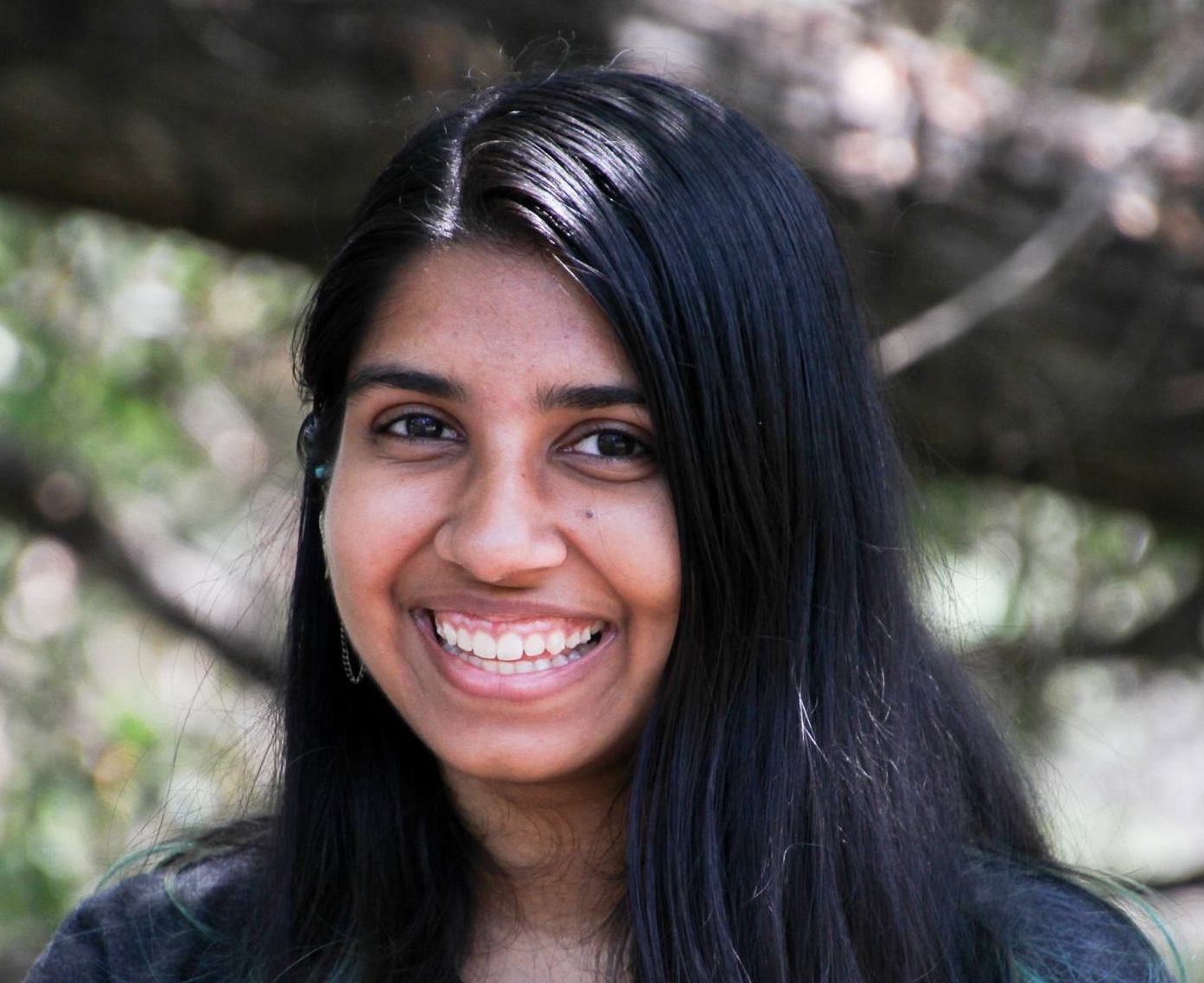Home
I am an astronomer working to advance security and sustainability in outer space. As a former postdoctoral fellow at the Outer Space Institute and University of British Columbia, I studied the intersections of nuclear and space security, modeling orbital debris, and pursuing policy pathways for protecting the night sky from light pollution. As a former Vice Chair of the American Astronomical Society’s Committee for the Protection of Astronomy and the Space Environment, I led the society’s policy efforts in terms of mitigating light pollution from satellite constellations, orbital debris, and the other environmental impacts of our uses of outer space. I was also a Next-Generation Fellow of the Physicists’ Coalition for Nuclear Threat Reduction, though which I am worked towards developing technical standards for an anti-satellite weapons testing ban and modeling debris production from ballistic missile defense intercepts.
When I’m not working on space policy, I study dark matter and dark energy using large surveys of galaxies. Through my involvement in the Vera C. Rubin Observatory and the Hyper Suprime-Cam survey, I am improving our understanding of a number of observational and theoretical systematic effects that can contaminate weak gravitational lensing measurements. I recently led the cosmic shear power spectrum analysis for the Year 3 data release of the Hyper-Suprime Cam survey, which placed some of the strongest constraints to date on the clustering of dark matter.
